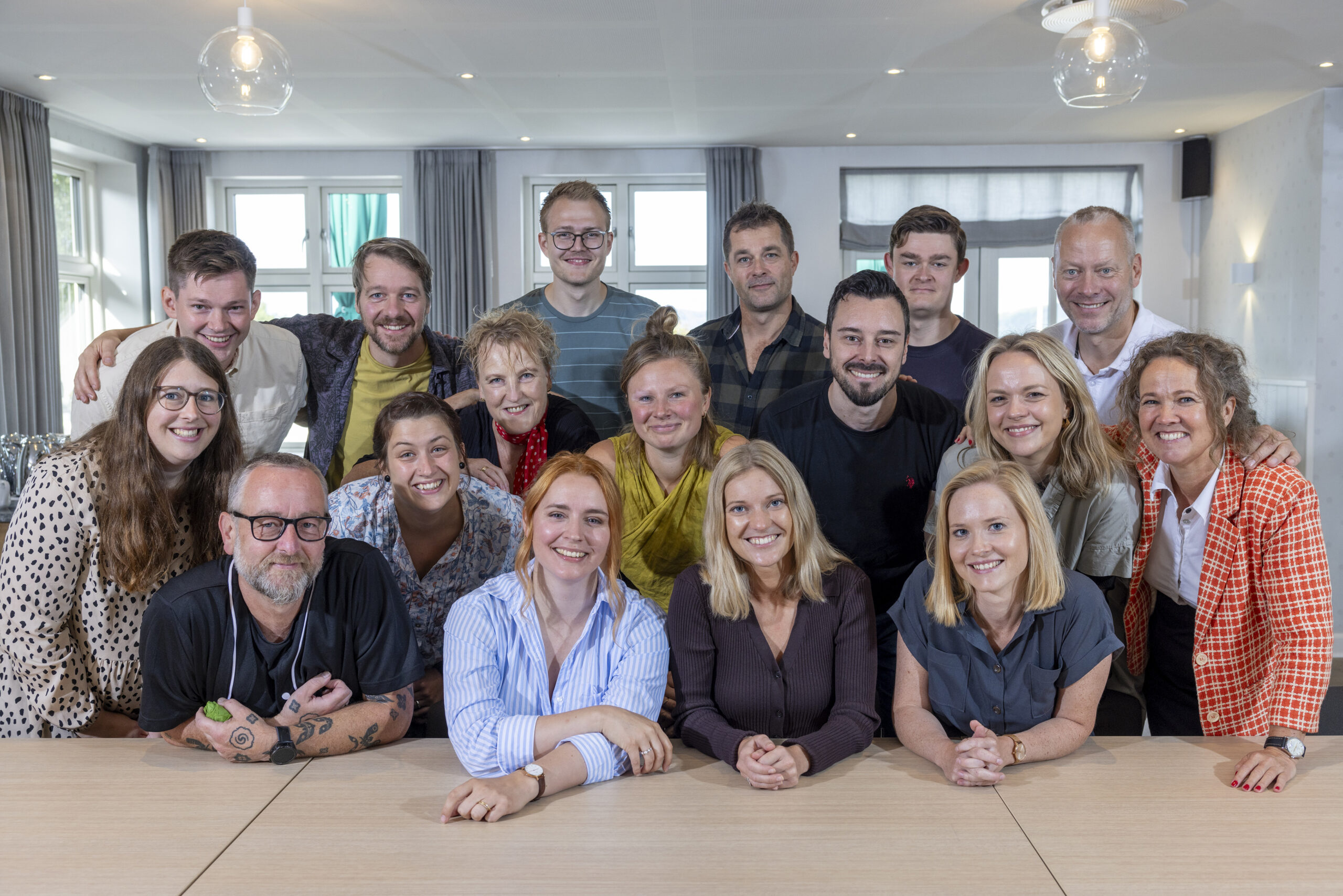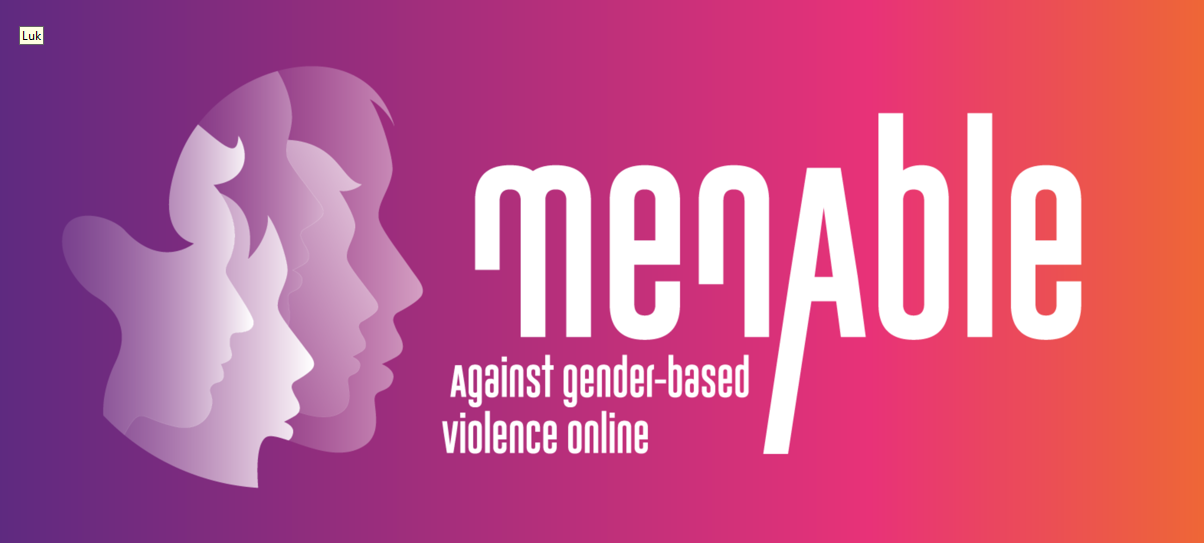Opportunities in digital youth work
Digital media is an effective tool for youth workers in their efforts to make youth work more available and relevant for children and youth. That is the conclusion after an insightful international collaboration, which we have participated in over the last two years.
In a world where social media, gaming and online activities is a continuously bigger part of being young, the digital youth work can be a tool in creating opportunities and spaces for children and youth to develop a critical, inovativ and value-based approach to life and to the digitization of society. This is a conclusion from the last two years of work, where CfDP have been partners in the Erasmus+ Digital Youth Work project. In cooperation with 6 other european organizations we have exchanged experiences in digital youth work. We are now ready with recommendations on how you can implement digital media in youth work.
What is digital youth work?
Digital youth work is characterized by
- Focusing on the digitization and the digital transformation of educational practice in youth work
- Proactively using and/or addressing digital media and technologies as a tool, an activity and/or as content
- Including a variety of digital approaches and methods, which can be used in any context regarding youth work.
- Having the same goals and following the same ethics, values and principles as youth work in general.
- Taking place face-to-face as well as online
What outcomes can you expect from digital youth work?
The digital youth work first and foremost benefits the young people, who utilises the initiatives. Amongst other things, they will be well informed about digital media, which will make them able to take reasoned and wellinformt decisions in the future, show a strong engagement via digital media, and eventually create a strong digital identity. At the same time, the young people will gain digital and media skills, which creates new opportunities for networking, collaboration and participation in society.

Examples of practice in digital youth work
There are different ways in which digital youth work can be used in practice. One way is to use digital youth work as a tool, which focuses on the digitization of youth work in order to make it easily accessible, as updated a possible and as relevant as possible. This includes online counseling of vulnerable youngsters and use of social media to reach youngsters.
Digital youth work can be used a an activity, in which young people can learn new things about digital technology through hands-on-activities such as gaming-groups, which creates a positive gaming-environment, STEAM and creator-projects, giving the young people skills relevant for the 21st century and joint learning processes, which creates the opportunity to create new digital media.
Finally, the digital youth work is able make the young people aware of the different areas of concern which follows the digitization of society. This could include discussions about online behavior and digital issues, exploring different tematics concerning digitization and digital lærning, furthermore, strengthening the youngsters knowledge to make sure they know and are able to stand up for their digital rights.
In collaboration with international partners we have created guidelines with the solutions, we think should be promoted on an institutional and political level.
It goes without saying, that there is a need for proper framework, to develop and implement digital youth work in a safe and well-operating way. Because of that, there is certain guidelines for decision makers and institution leaders, to ensure that the new practice is carried out correctly.
To integrate digital youth work into the institutions strategy and vision, is one of the important steps. This includes integrating digital considerations in objectives, ethical standards, process and planning. Furthermore to ensure ongoing training of employees, and volunteers to further strengthen their skills. It is important that, the organisations themselves make use of the cross sectional partnerships, as well as sustaining values in youth work, that are already established.
It is also very important to maintain the ethical principles, that exists in the physical world. It is important to maintain professional boundaries and to work in a way which empowers the youngsters and which helps them to defend their rights. In this way, we can support the youngsters in taking control over their relation to digitization, digital media and technology through the new critical ways of thinking, that follows this new practice.
As mentioned previously it is essential to create a space for youth workers, in which they can explore new opportunities. This space is created by seeking out training opportunities, which can create new knowledge and skills through challenging sceptical mindsets, contributing to a flexible mindset in youth work and through engaging the employees and volunteers to learn from others, share knowledge and create international collaborations.
Read more about the international guideline here (Link to PDF in English)
Download the full guideline here
Funding and political decision makers
There are several interesting examples on how to apply digital youth work in practice. At the same time, it is important to point out that the youth-work-sector needs funding and need political decision makers to actively bring up digital youth work and generally appreciate youth work as an important educational practice which can strengthen young people in a digitalized society
Key Resources
EU Expert Group on Digitalisation and Youth Report, Council of the European Union Conclusions on Smart Youth Work and Council of the European Union Conclusions on Digital Youth Work (to be adopted 2019).
EU Expert Group on Digitalisation and Youth Report, Council of the European Union Conclusions on Smart Youth Work






Hvis du vil sætte et par ord på din feedback, vil det hjælpe os rigtig meget til at forbedre vores indhold.